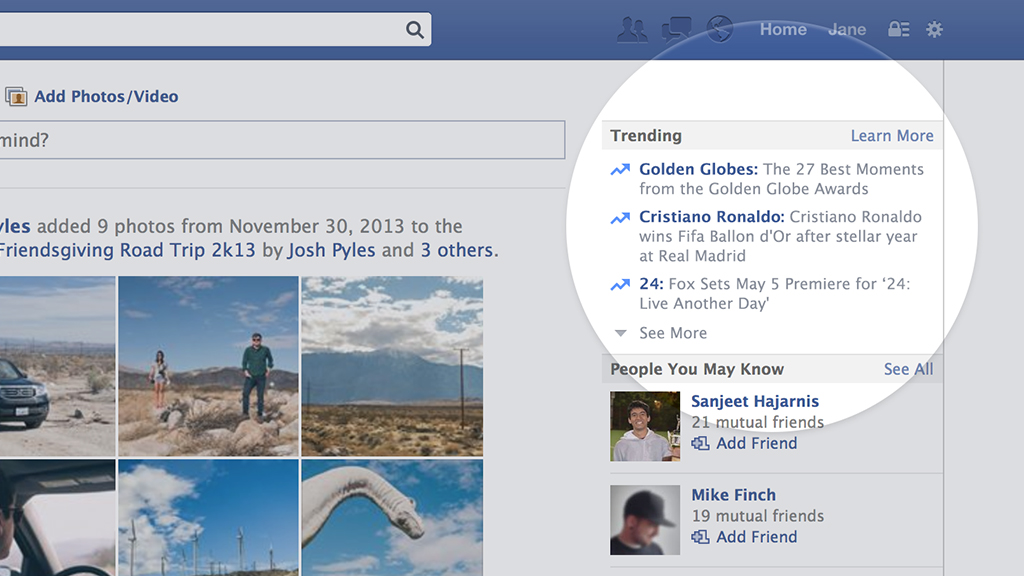Facebook's a disease and the cure's coming
If MySpace is measles then Facebook's the flu

Sign up for breaking news, reviews, opinion, top tech deals, and more.
You are now subscribed
Your newsletter sign-up was successful
What does the Facebook of 2017 look like? Judging by newly published research from Princeton University, it's going to look rather like those haunting pictures of abandoned bits of Detroit.
Facebook's decline is coming, researchers say, and it's coming so quickly that in three years' time it'll have lost 80% of its peak audience.
The researchers haven't just studied how annoying Facebook has become and thrown darts at a calendar to predict the future. They've used science, and in particular the infectious recovery SIR model of studying diseases.
Facebook is an epidemic, it seems, and like most epidemics it'll only last so long.
Facebook says the study is "nonsense", and it probably is: it's an interesting academic exercise rather than a rock-solid indicator of Facebook's future. But it's likely that the researchers' predictions will still come true eventually. Facebook's an empire, and all empires crumble.
Everything for everyone
Facebook tries very hard to be the service you use for everything: not just chatting, but photo sharing, video watching, purchase researching, game playing… you get the idea. Whenever it spots us doing something it doesn't offer, it either buys the service providing it or simply copies it.
This month's arrival of Twitter-aping trending topics in your news feed is just the latest example of that.
Sign up for breaking news, reviews, opinion, top tech deals, and more.
The problem, of course, is that the likelihood that one organisation can be best-of-breed across a whole bunch of disparate areas forever is very remote.
The internet is littered with the broken promises of portals that tried to do it and failed, from CompuServe and AOL to MSN and Yahoo! Many of the sites remain big, but they're not the all-conquering behemoths they once appeared to be.
Facebook is likely to go the same way. It won't be quick - 80% decline in three years is awfully far-fetched - or fatal, but we're already seeing evidence of younger users leaving the service because they don't want to hang out with their parents.
That's important because Facebook, like Soylent Green, is made of people - so the same network effects that made it essential (and, back in the day, made AOL, CompuServe, Microsoft Word, MSN Messenger, Friends Reunited and MySpace essential) also work in reverse.
If the people you want to connect with start using something else, chances are that you'll use that something else too.
There's a big difference between Facebook and previous Big Things, of course: this time around there's no obvious giant slayer poised to do to Facebook what Facebook did to predecessors such as MySpace.
But that's because something even bigger is happening: we're changing the way we use the internet, moving from the monolithic model of one-size-fits-all websites to a more atomised model of one-thing-done-really-well mobile apps.
This is a shift just as big as the move from the walled gardens of AOL and CompuServe to the open internet of Web 2.0. Facebook will certainly try to dominate that model too, but the odds are stacked massively against it.

Contributor
Writer, broadcaster, musician and kitchen gadget obsessive Carrie Marshall has been writing about tech since 1998, contributing sage advice and odd opinions to all kinds of magazines and websites as well as writing more than twenty books. Her latest, a love letter to music titled Small Town Joy, is on sale now. She is the singer in spectacularly obscure Glaswegian rock band Unquiet Mind.